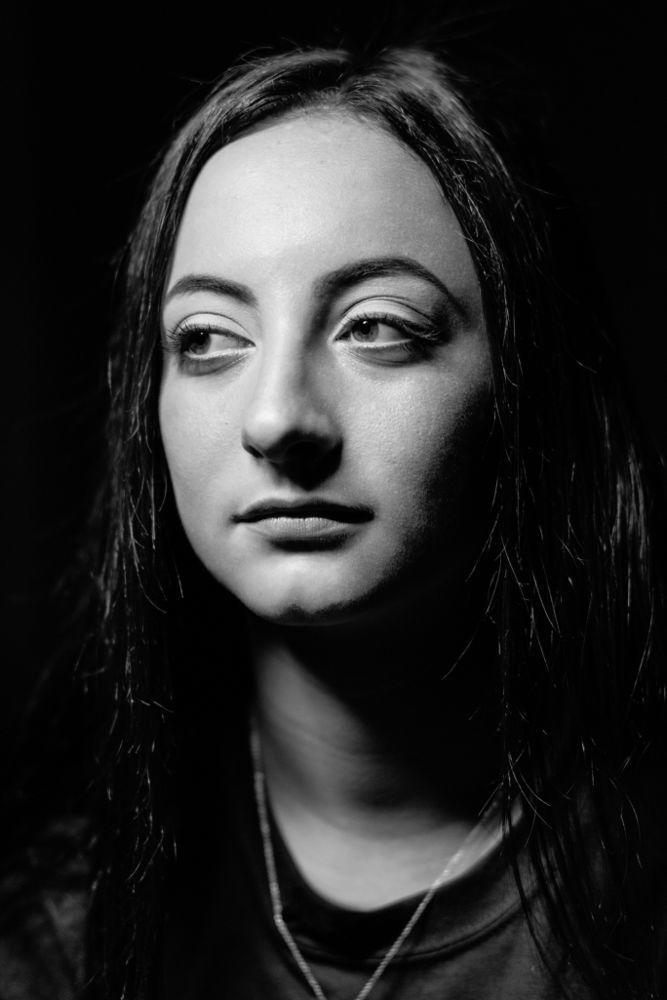Parkland Survivor Struggles with PTSD After Best Friend Was Killed in Classroom
It has been more than a year since the February 14, 2018 mass shooting at Parkland, Fla.’s Marjory Stoneman Douglas High School claimed the lives of 17 students and staff members. But the emotional fallout hasn’t ended.
Recently, two students — 16-year-old Parkland sophomore Calvin Desir and 2018 graduate Sydney Aiello, 19 — have died by suicide, as did Jeremy Richman, whose 6-year-old daughter Avielle was among the 26 people murdered at Sandy Hook Elementary School in 2012.
To honor the memories of those lost and help raise awareness of the mental health issues that can linger after gun violence, PEOPLE spoke with six Parkland students about their experiences then and now.
Emily Burke, a 16-year-old soccer player at Marjory Stoneman Douglas High School, says the pain, fear and anguish of February 14, 2018 has yet to subside for her.
The horrific memories of hiding in a windowless classroom and losing her best friend, teammate Alyssa Alhadeff, are all too vivid. “I have to go to soccer and my friend isn’t there,” she tells PEOPLE, noting that she misses Alhadeff “pretty much every second of the day.”
• For more on how Parkland survivors are coping in the aftermath of tragedy, subscribe now to PEOPLE or pick up this week’s issue, on newsstands Friday.
Admitting that she finds it hard to get out of bed some days, Burke tells PEOPLE that she has visited a therapist because she is concerned about PTSD, depression and anxiety, as well as visiting the school’s Wellness Center for support. “Obviously I think most people have anxiety at the school. Depression doesn’t stay with you during the school day, it follows you home,” she says.
• Want to keep up with the latest crime coverage? Click here to get breaking crime news, ongoing trial coverage and details of intriguing unsolved cases in the True Crime Newsletter.

Burke also tells PEOPLE that most of the Parkland students she knows are grappling with mental health concerns similar to those faced by veterans who have returned from combat. She experiences flashbacks and a fear of loud, unexpected noises, such as the rattling of garbage cans or unexpected fire drills.
“We have to deal with the same disease as soldiers,” she says. “We’re just kids who went to school. People in the military are adults and they go in knowing that to expect. But we’re half their ages and didn’t sign up for it.”
If you or someone you know is considering suicide, please contact the National Suicide Prevention Lifeline at 1-800-273-TALK (8255), text “home” to the Crisis Text Line at 741-741 or go to suicidepreventionlifeline.org.
